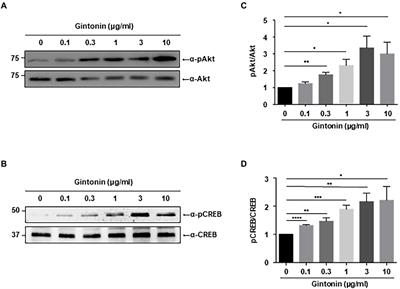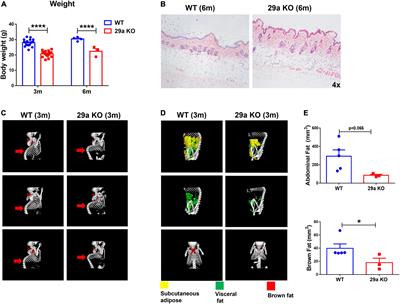EDITORIAL
Published on 20 Dec 2022
Editorial: Brain cells' compensatory mechanisms in response to disease risk factors
doi 10.3389/fnmol.2022.1096287
- 2,923 views
- 2 citations
4,653
Total downloads
21k
Total views and downloads
You will be redirected to our submission process.
EDITORIAL
Published on 20 Dec 2022
ORIGINAL RESEARCH
Published on 26 Oct 2022

ORIGINAL RESEARCH
Published on 06 Oct 2022

ORIGINAL RESEARCH
Published on 24 Jun 2022

REVIEW
Published on 03 Jun 2022

